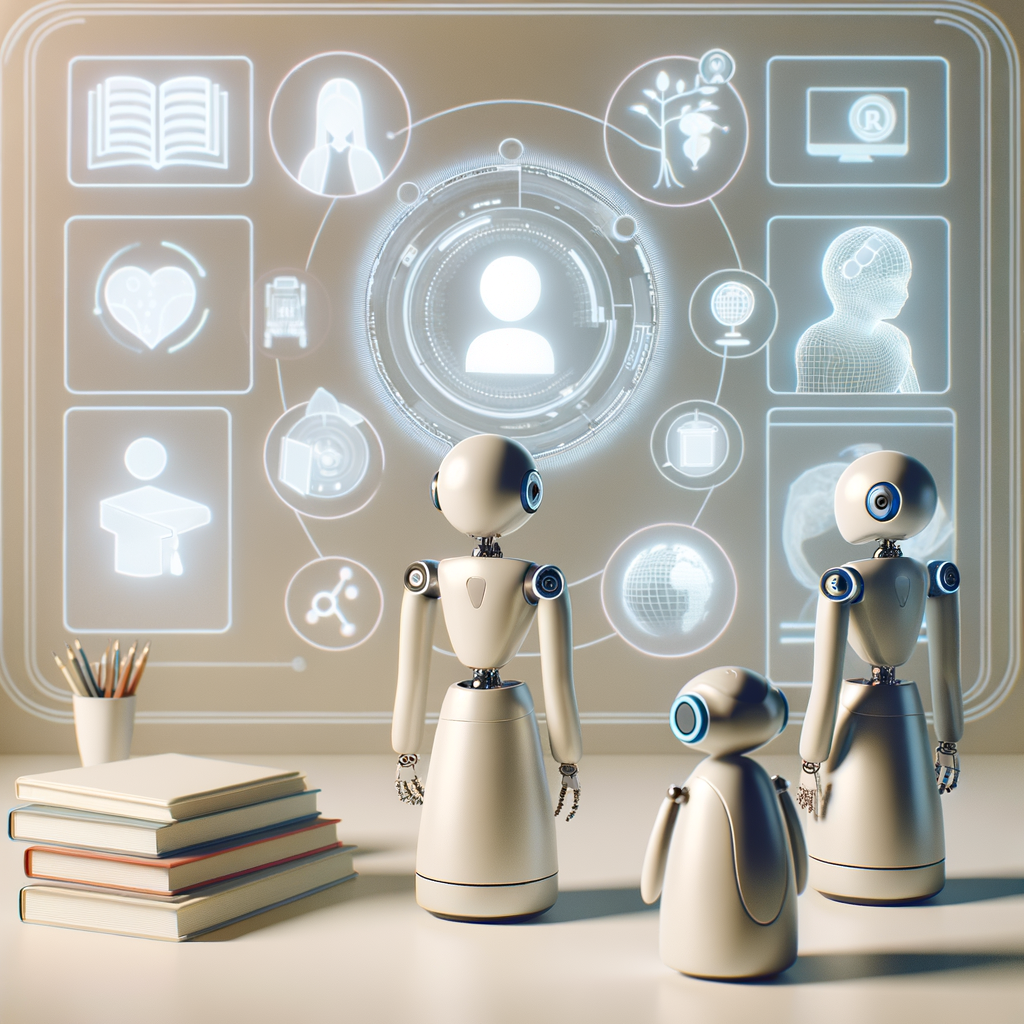
The Future of Autonomous AI Agents in Personalized Learning
Explore how autonomous AI agents are transforming the education landscape by personalizing learning experiences. This blog delves into the innovative ways AI is being integrated into educational tools to identify students' unique needs, enhance their learning paths, and foster a more interactive and engaging environment. Discover the challenges and opportunities presented by this cutting-edge technology in shaping the future of education.
The Future of Autonomous AI Agents in Personalized Learning
Introduction
In recent years, artificial intelligence (AI) has become a transformative force across multiple industries, with education being no exception. At the forefront of this transformation are autonomous AI agents, systems designed to perform tasks independently and adapt to new data without constant human oversight. In the realm of personalized learning, these agents are revolutionizing the way students engage with educational content.
Understanding Autonomous AI Agents
Autonomous AI agents are AI systems capable of learning autonomously from data and interactions. They can make decisions and take actions without requiring explicit instructions for each scenario. In education, this autonomy allows AI agents to provide personalized learning experiences tailored to individual student needs.
Personalization of Learning
Personalized learning has long been a goal within educational systems, but achieving it at scale has been challenging. Autonomous AI agents provide a powerful solution by analyzing data from students' interactions, learning styles, and success rates. They identify patterns that help educators and the students themselves understand how best to approach learning.
The Role of AI in Educational Tools
AI-powered educational tools are now equipped to deliver content that adapts to the learning pace and style of individual students. Whether through virtual tutoring, adaptive learning platforms, or learning management systems, AI agents facilitate a more interactive and engaging learning environment.
Virtual Tutors
AI-driven virtual tutors are revolutionizing one-on-one learning by offering feedback and insights tailored to each student's progress. These tutors can identify struggling areas and suggest additional resources or alternative approaches to help the student understand harder concepts.
Adaptive Learning Platforms
These platforms use AI algorithms to adjust the curriculum according to student performance. They provide real-time assessments, adjusting the difficulty of assignments and quizzes to match a student’s current abilities, ensuring an optimal challenge.
Learning Management Systems
AI enhances Learning Management Systems (LMS) by automating administrative tasks, offering analytics on student engagement, and personalizing educational journeys through dynamic content delivery based on learner profiles.
Challenges in Autonomous AI Agents
Despite the potential, implementing AI in education faces challenges:
- Data Privacy: Collecting and analyzing student data to personalize learning raises privacy concerns.
- Bias and Fairness: Ensuring AI systems do not perpetuate biases present in training data is critical.
- Integration and Training: Educators need to understand how to integrate AI tools effectively into traditional teaching.
Opportunities Ahead
- Scalability: AI personalized learning can be scaled across large populations, making quality education accessible to all students.
- Real-time Feedback: Instantaneous feedback helps in identifying and addressing learning gaps as they occur.
- Lifelong Learning: AI supports career development by personalizing learning paths that evolve with individuals’ interests and industry demands.
Conclusion
The future of education lies in the effective integration of autonomous AI agents to foster a personalized learning experience that evolves with students' needs. As we navigate the challenges and capitalize on the opportunities, AI has the potential to create an educational environment that is as diverse and dynamic as the learners themselves.
Discover how you can prepare for this AI-driven educational future and explore the vast possibilities that autonomous AI agents bring to the table. The journey to personalized learning is just beginning; are we ready to embrace it?